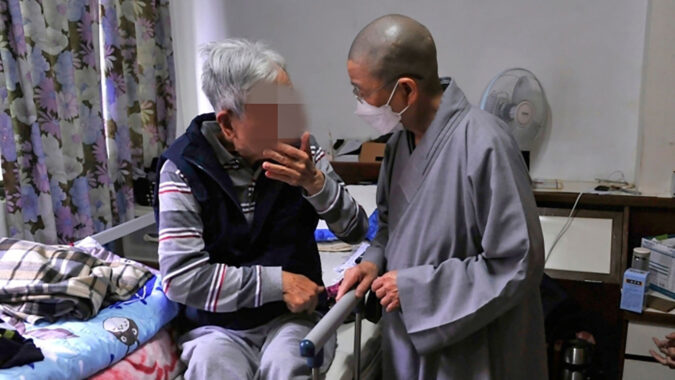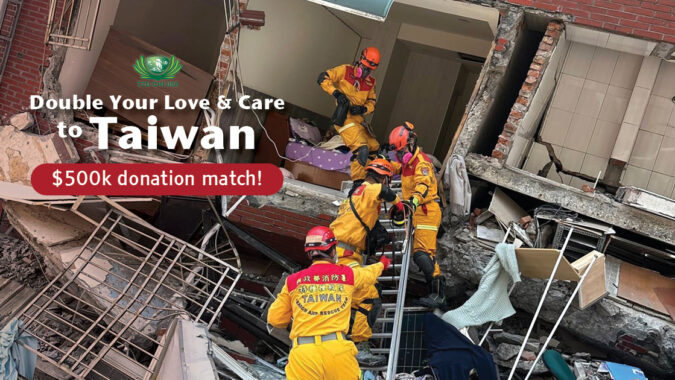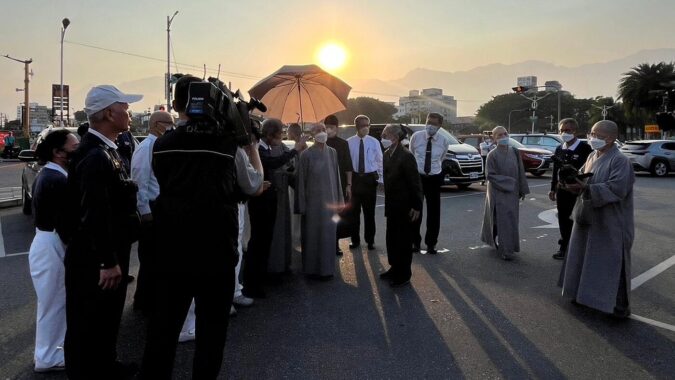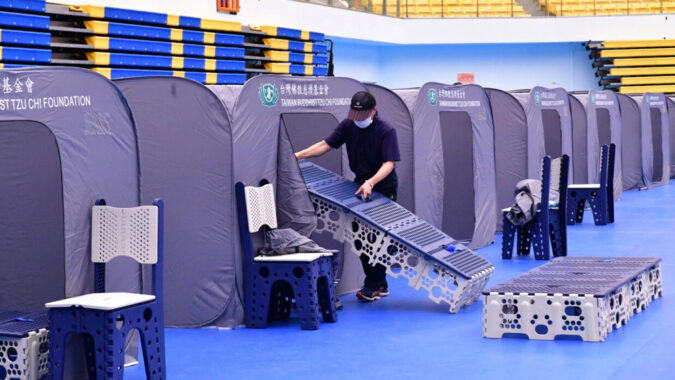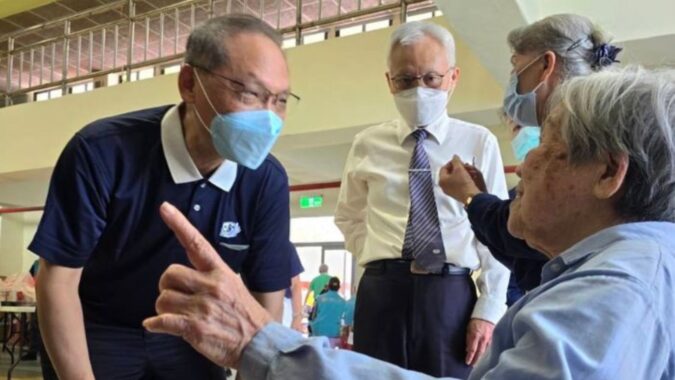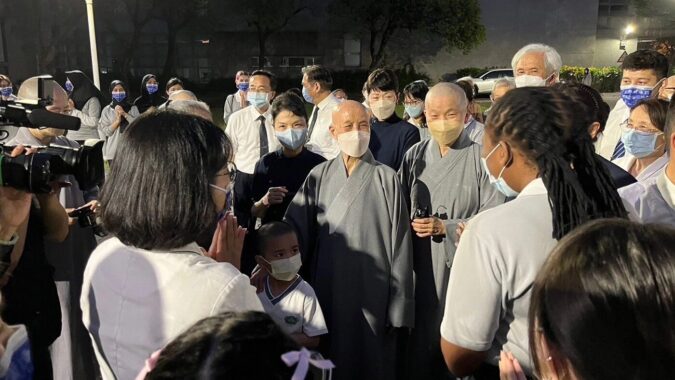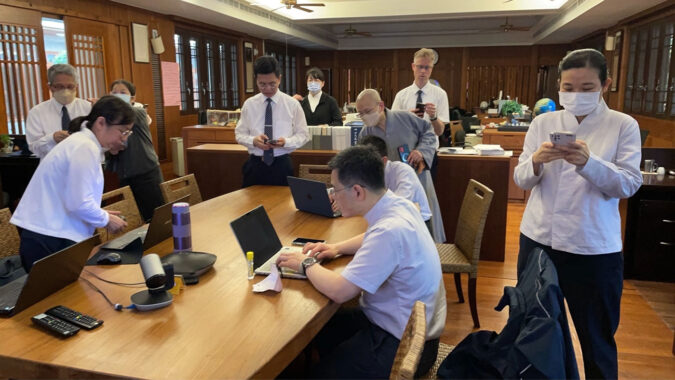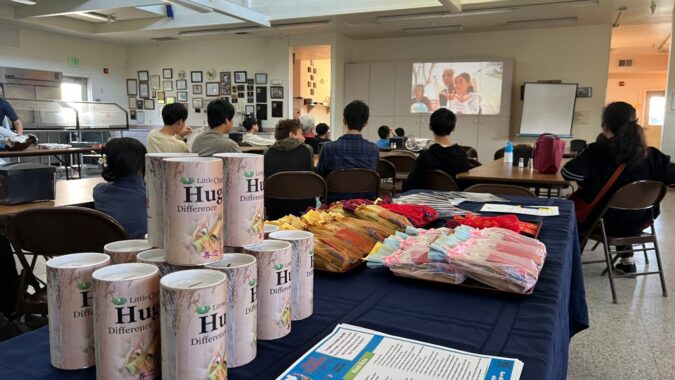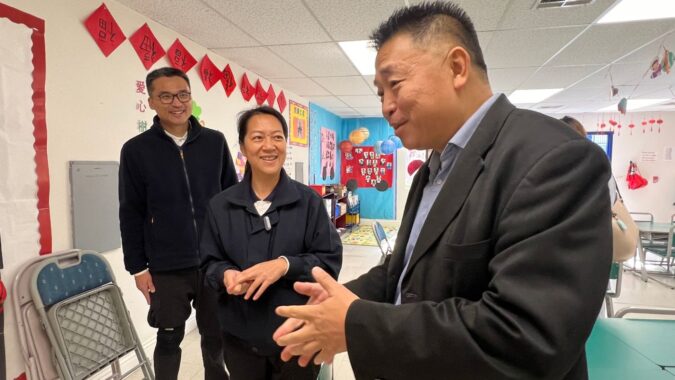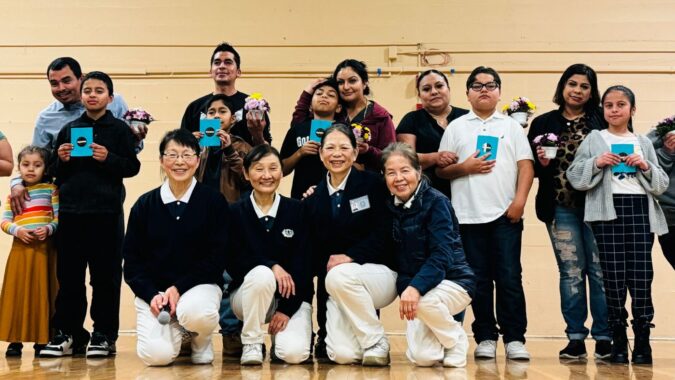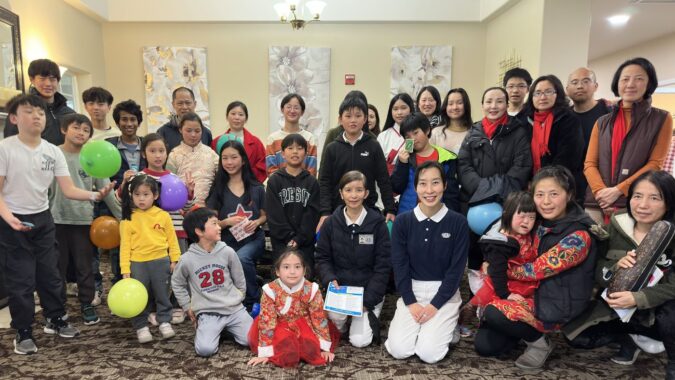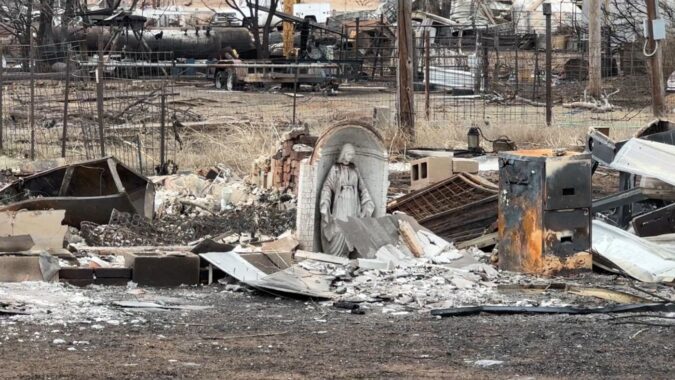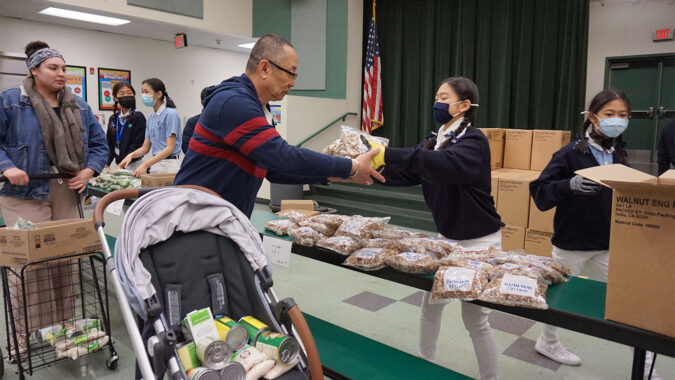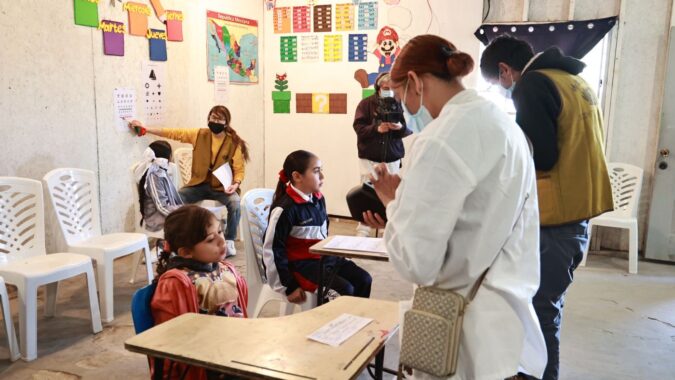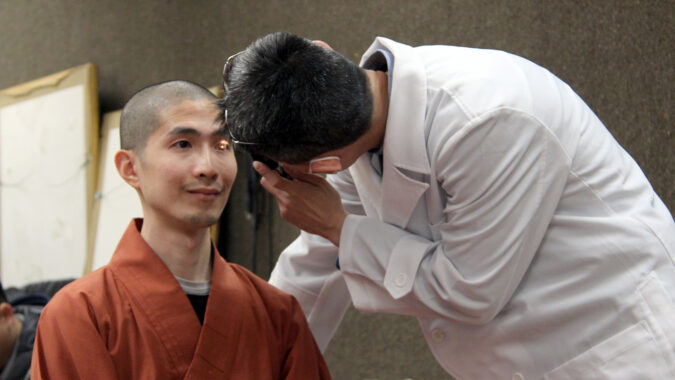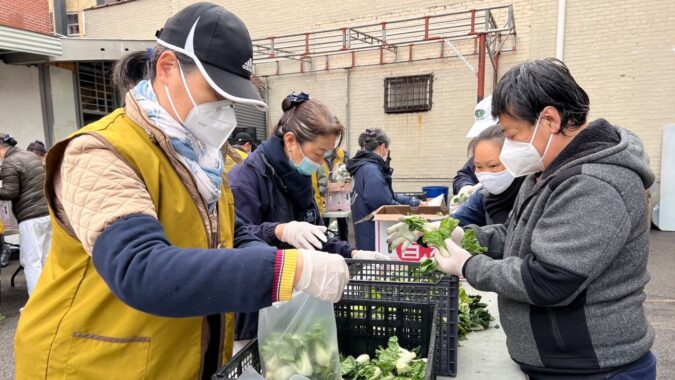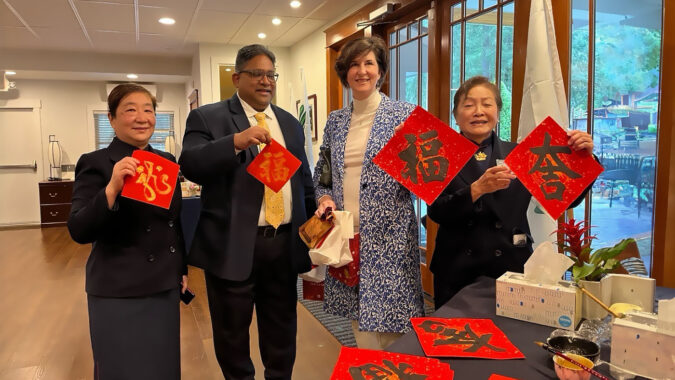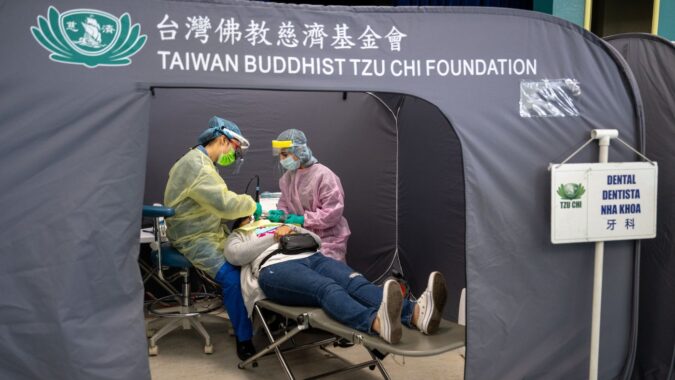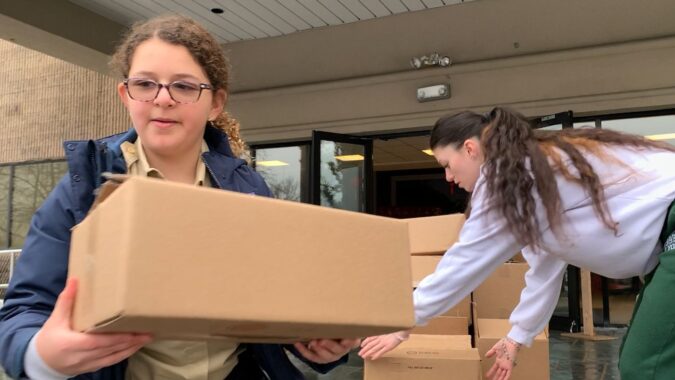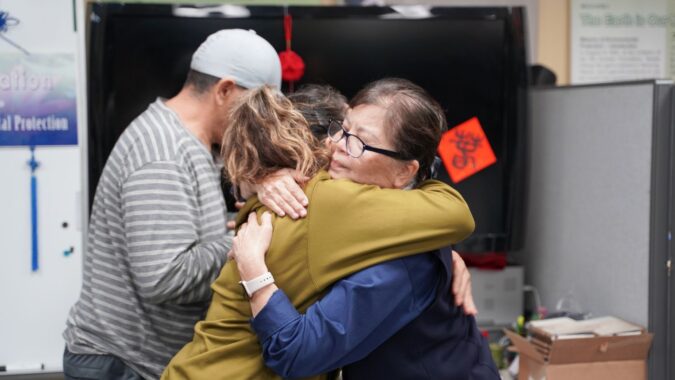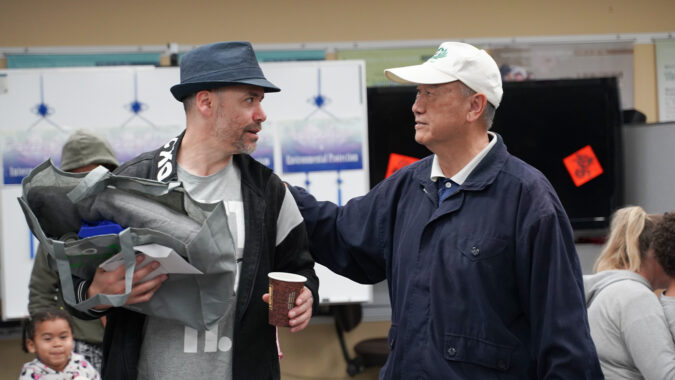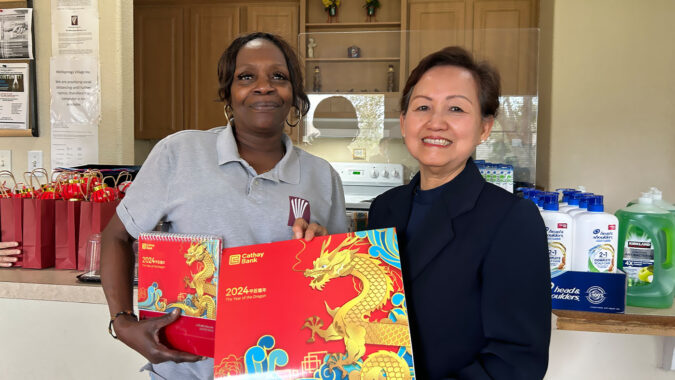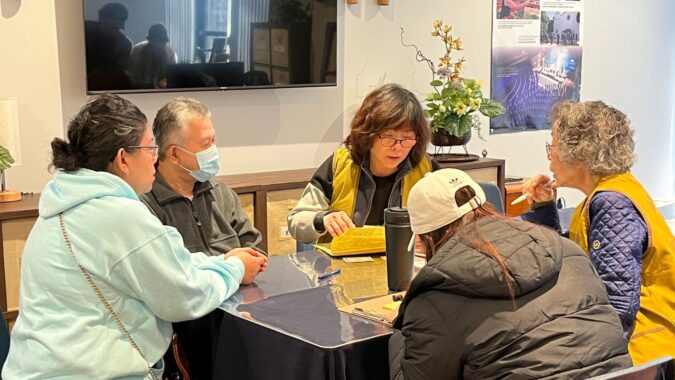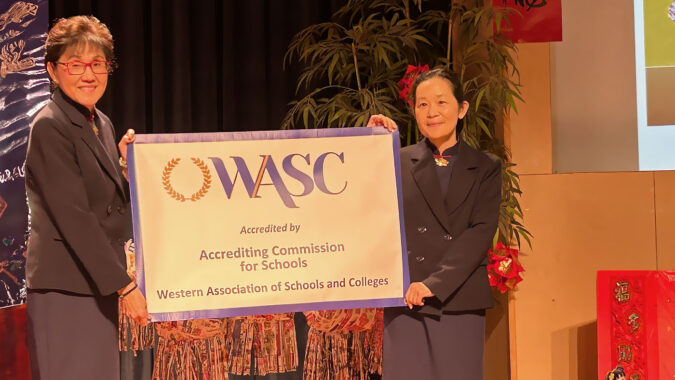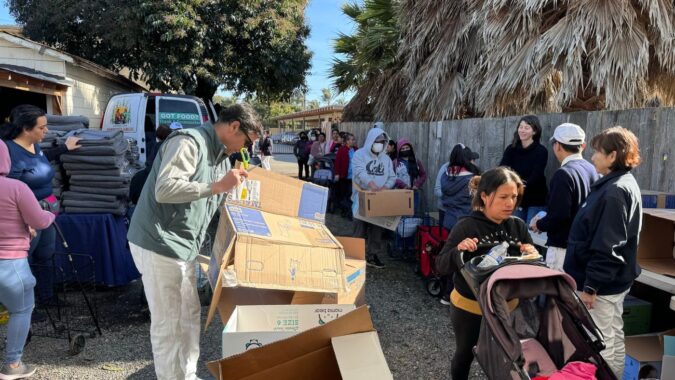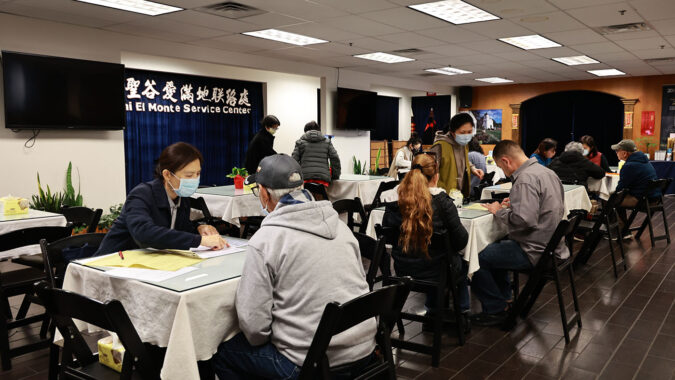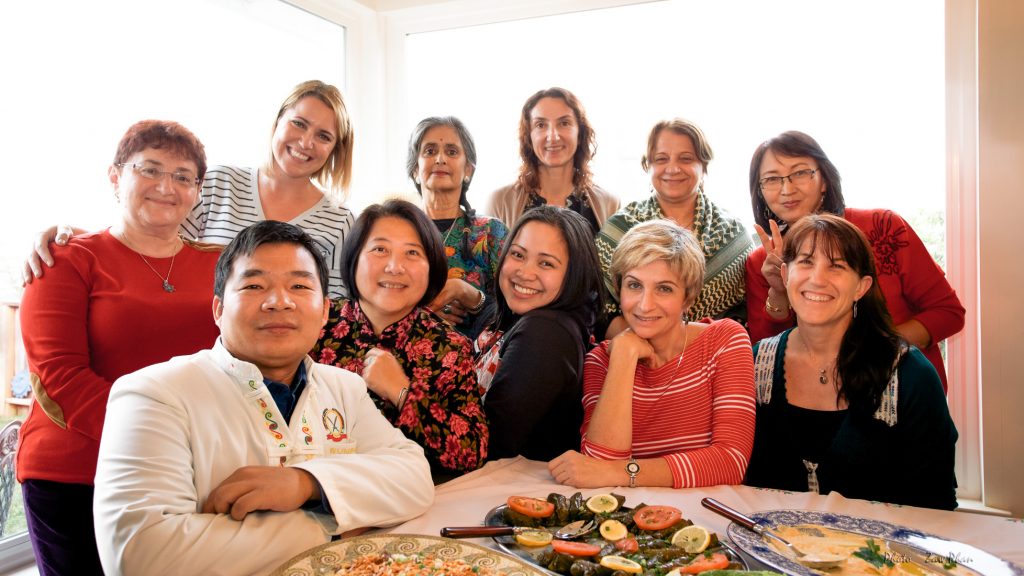
During the filming of Tzu Chi USA’s series “The Resettled”, the production team traveled to northern California and interviewed refugees Zaw Phan from Burma and Sonny Le from Vietnam, both of whom have made a successful life for themselves in San Francisco. Zaw, who fled from Burma after involvement in protests during the Saffron Revolution in 2007 put his life in danger, now works for the Newcomers Health Program (NHP), “a clinic and community-based health program with the mission to promote the health and well-being of refugees, asylees, and immigrants throughout San Francisco”.

Approximately 50,000 documented refugees and asylees have resettled in San Francisco since the late 1970s, and received health assessments through the NHP. Sonny Le was one of those early arrivals who came in 1980, as one of the famed “boat people” who escaped the Vietnam war. And while he moved to a poor area in San Francisco which earned the name “Little Saigon” because of all the Vietnamese refugees who settled there at the time, today it could be called “Little Baghdad” or “Little Kabul” due to an evolving demographic that reflects where wars are taking place around the world.
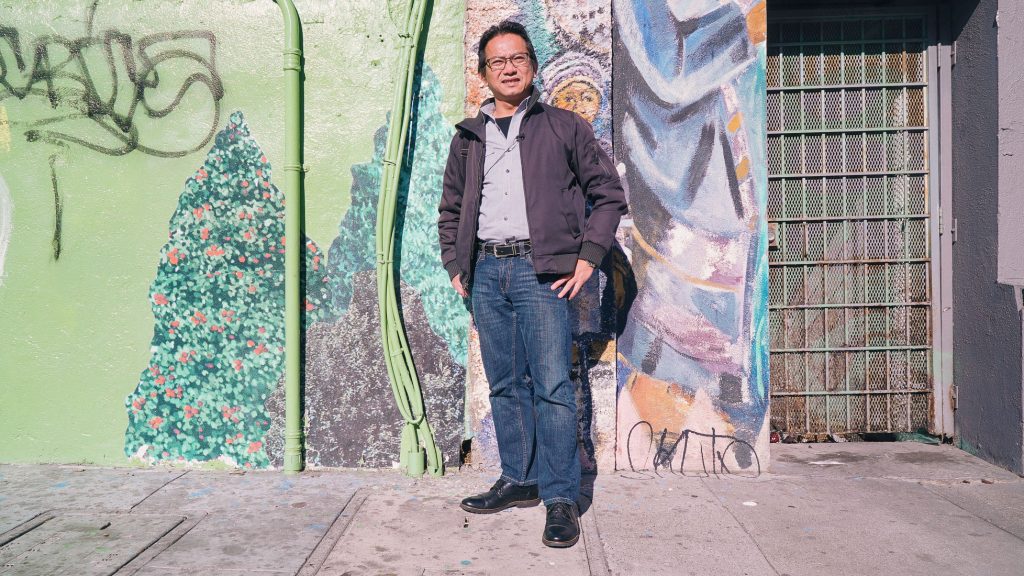
Currently the NHP, with 5 bilingual health workers on staff and the capacity to serve in 7 languages, provides services for new arrivals from over 40 different countries. Since the number of refugees resettling in San Francisco has declined since the 1990s, the majority of those served by the NHP are now asylees and victims of human trafficking who also qualify for refugee services and benefits. (The difference being that refugees apply for asylum from outside the United States, while asylees do so after having arrived in the country.)
When interviewed for this blog, Cristy Dieterich, Program Coordinator for the NHP, noted that the overall number of refugees, asylees, and immigrants resettling in San Francisco today is declining because of the high cost of living. Zaw knows this first hand, as he moonlights with Uber to make ends meet. But he is undeterred, motivated by the drive of newcomers who barely speak the language, but who are determined to make it work in this beautiful place.
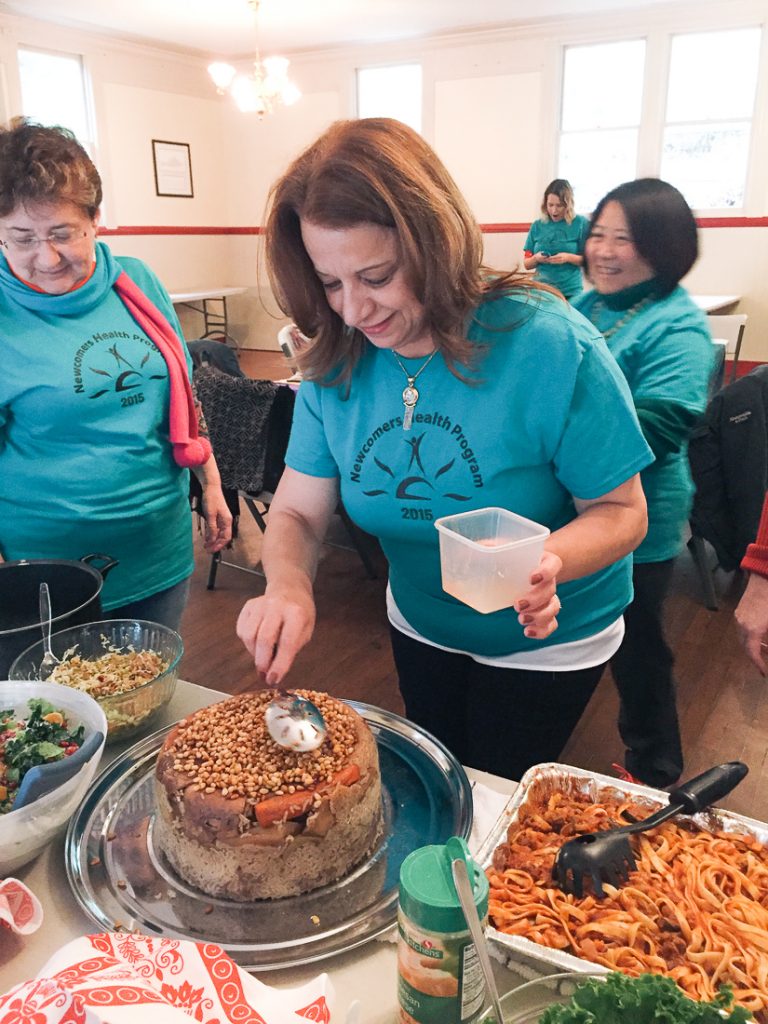
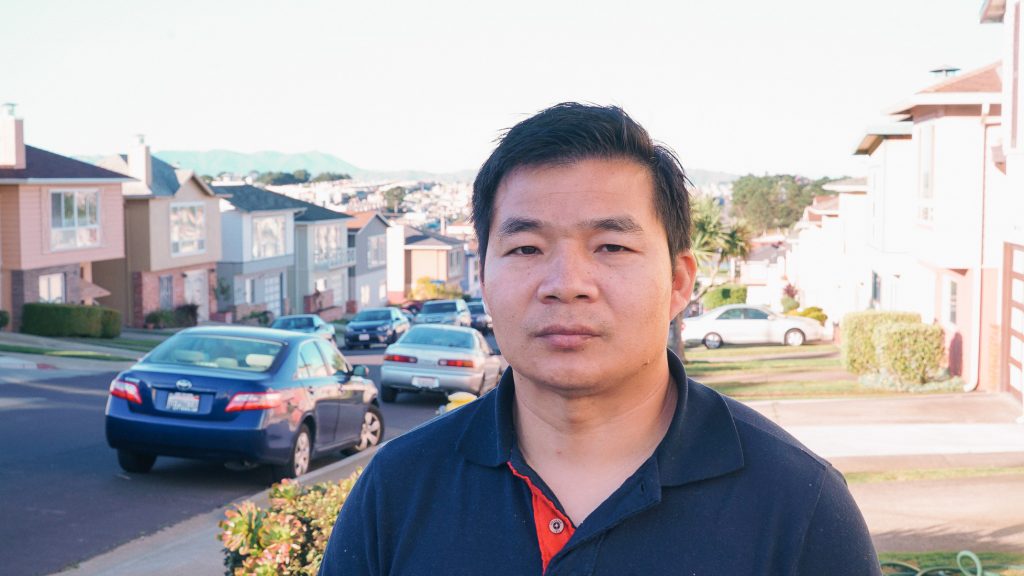
Cristy Dieterich was also eager to point out the admirable qualities of newcomers, qualities that deserve our utmost respect:
I've learned a tremendous amount from refugees and new immigrants to the US. I've been able to view things, challenges, and bright-spots with a new perspective. I've been humbled and rewarded by graciousness, impressed with knowledge, abilities, and strength of new arrivals. I can't imagine facing what some individuals and families have dealt with while keeping humanity, dignity, and grace. I only hope I could. I'm inspired by getting to know them. I know they make us all stronger.
Cristy Dieterich, Program Coordinator, Newcomers Health Program
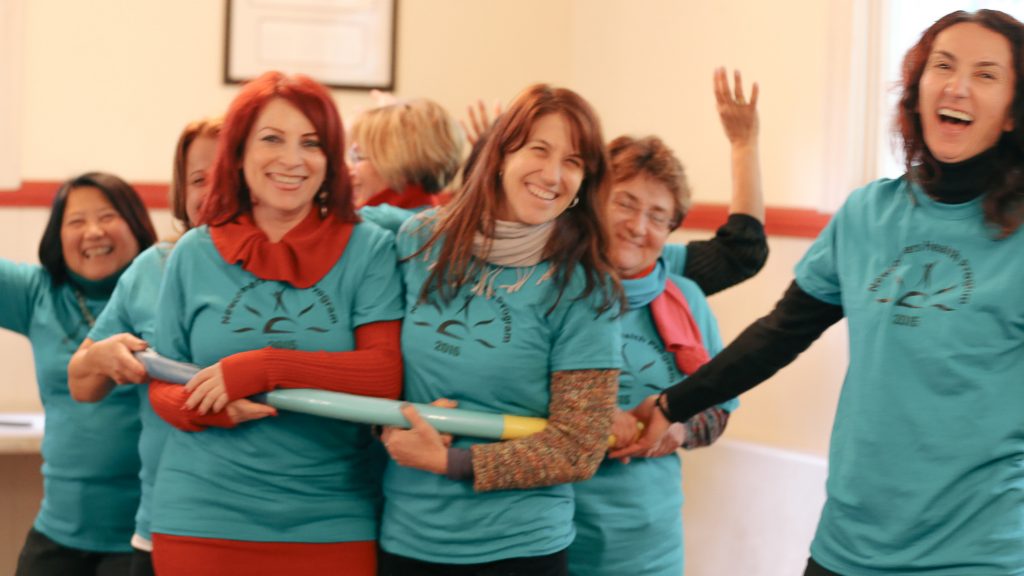
They may inspire us with their energy and spirit, but for newcomers to succeed in their new resettled life, they need to build on a foundation of health. The services the NHP provides are essential. In the case of asylees, although most have been in this country many years, they have never had the opportunity to get a check-up to learn their health status.
In most cases, they didn’t have health insurance or couldn’t afford to pay for healthcare services.
Cristy Dieterich, Program Coordinator, Newcomers Health Program
As for refugees, many come from countries where preventative care is not the norm, and medical attention is only sought once a person is sick or dying. And yet…
To be successful in life, you have to have a good foundation of health – problems start from there.
Cristy Dieterich, Program Coordinator, Newcomers Health Program
This is also the insight Master Cheng Yen had years ago when she observed that in many cases, the reason individuals and families sink into poverty is illness. So to combat poverty, we need to equally address health. Today, providing free medical outreach, clinics, and healthcare is central to Tzu Chi’s mission in the United States and internationally.
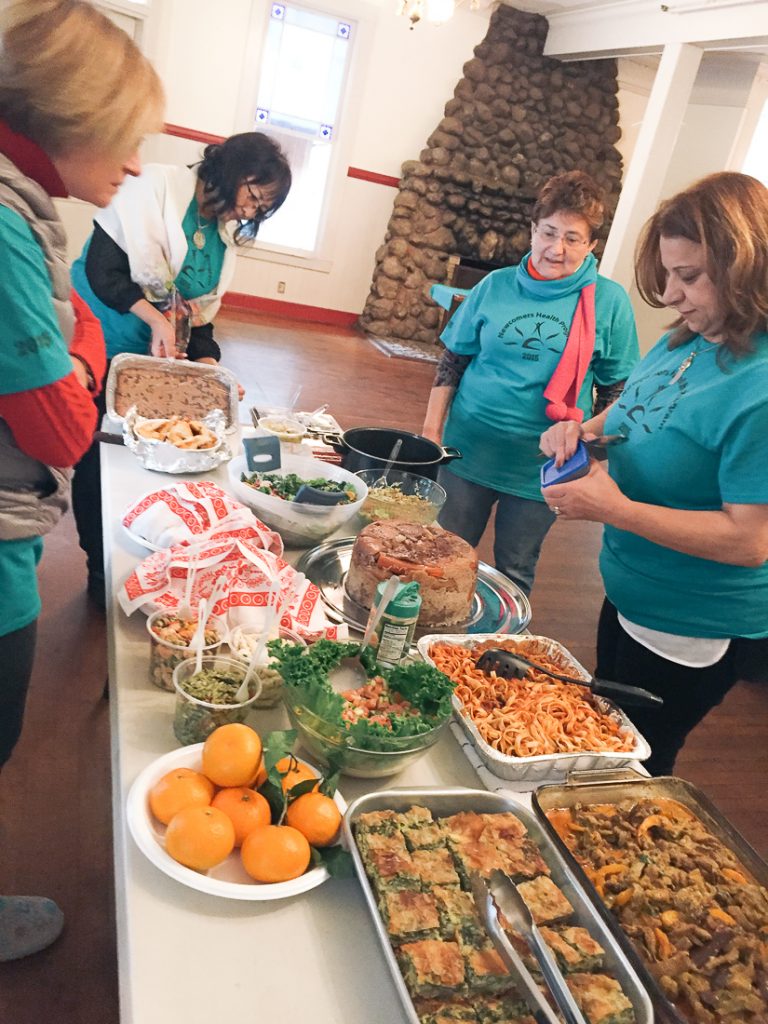
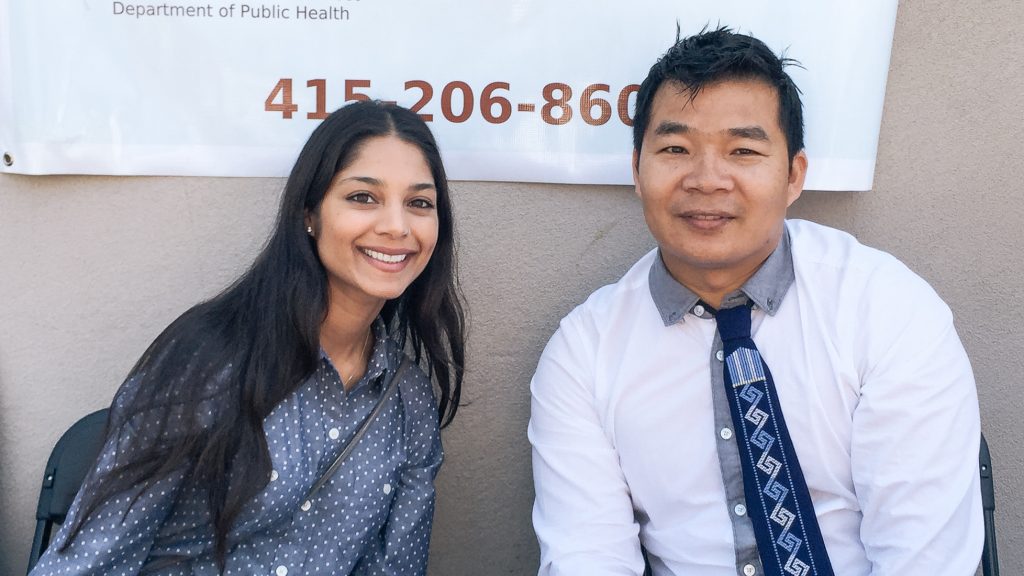
Supporting the mental health of refugees and asylees is also important, since many of them faced tremendous danger, hardship, and stress on their journey here. The NHP provides mental health screenings routinely, and refers those in need of help for mental health services. It is a pleasure to learn of their attention to the emotional and mental state of the people they serve. Tzu Chi volunteers also pay attention to such needs while they serve others, and also make spiritual support available through sharing the wisdom of ancient Buddhist teachings.
Extending a helping hand to a stranger from a foreign land is one way we can practice compassion. For Cristy, it’s part of her daily life:
Helping resettle refugees/asylees in the U.S. is a really touching job. It’s not only our responsibility, but it is also everyone’s responsibility.
Cristy Dieterich, Program Coordinator, Newcomers Health Program
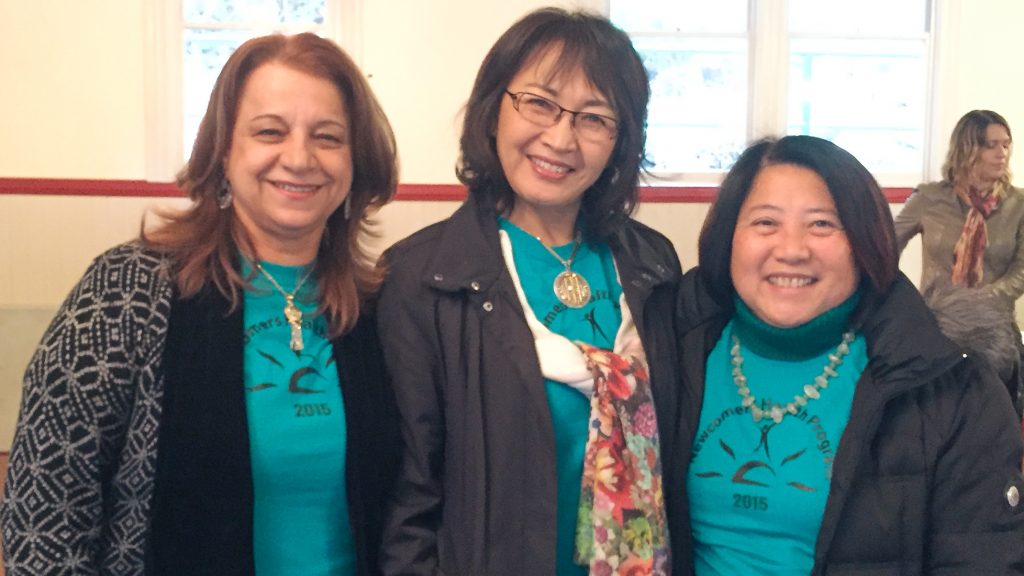
Finally, when it comes to refugees, “we don’t know the story behind the face” she says. This will become even more evident when we present more about the refugees interviewed in this series in the next blogs. The life experience these newcomers have to offer is invaluable, as is the energy they will invest in the places where they resettle.
Watch The Resettled – Episode 2: No Going Back to learn more about Sonny Le and Zaw Phan’s story

